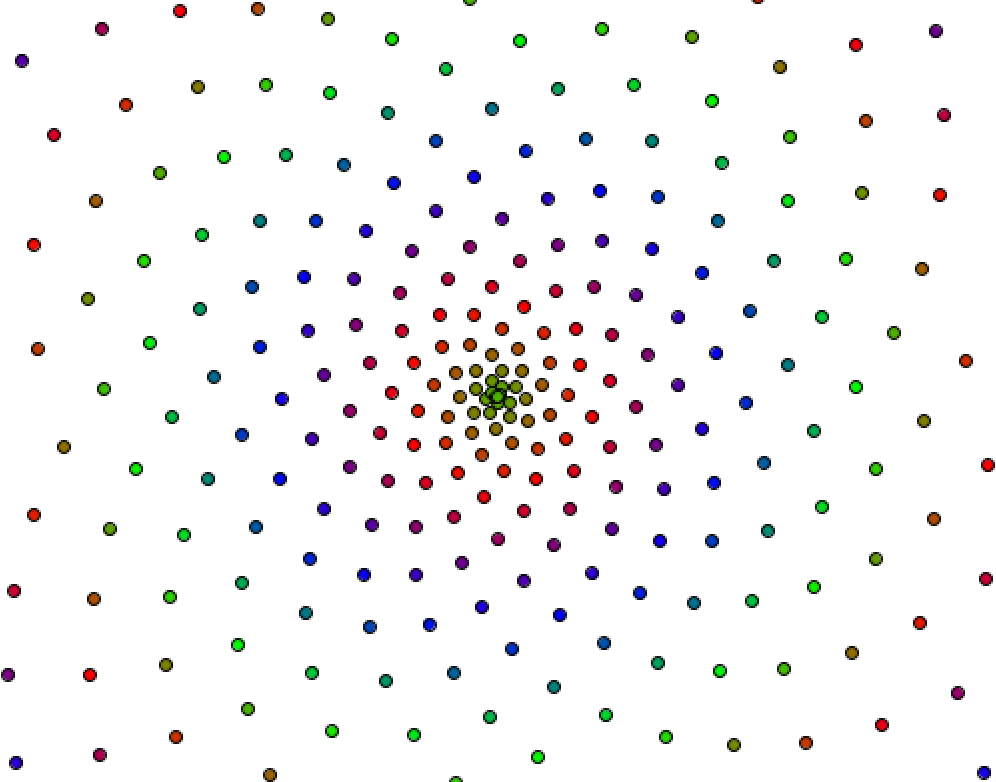Hello random
#
# hello_random.py
#
import random
# random() returns a value in [0,1)
print("Random values in [0,1)")
for i in range(5):
print(random.random())
# uniform(a,b) returns a value in [a,b)
print()
print("Random values in [0,100)")
for i in range(5):
print(random.uniform(0, 100))
# randint(a,b) returns an integer in [a,b] (note: closed interval)
print()
print("Random integers in [1,10]")
for i in range(5):
print(random.randint(1, 10))
Output:
Random values in [0,1)
0.7795288013722138
0.7527434884383645
0.49410886694675393
0.5927454429092718
0.9104072535046999
Random values in [0,100)
55.71087919972187
34.85768859198345
16.34667595031375
55.59871421831332
17.328052785998814
Random integers in [1,10]
5
3
4
1
3
